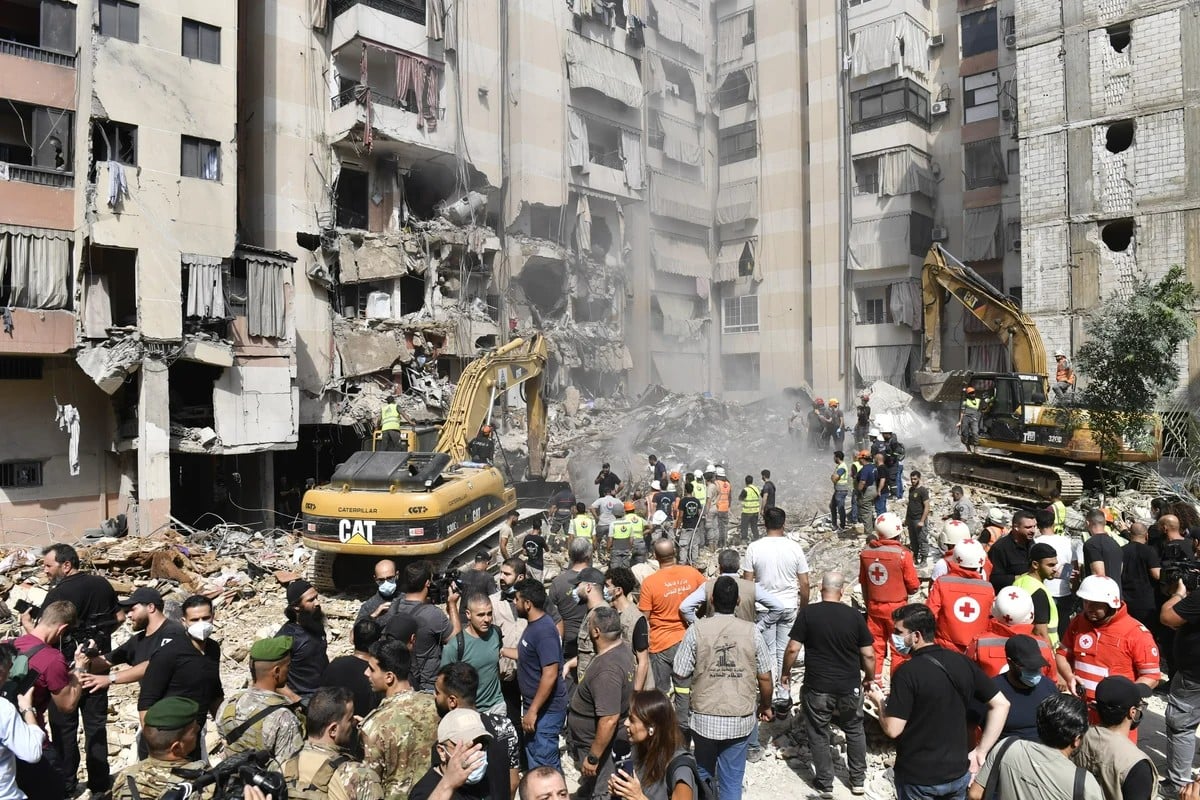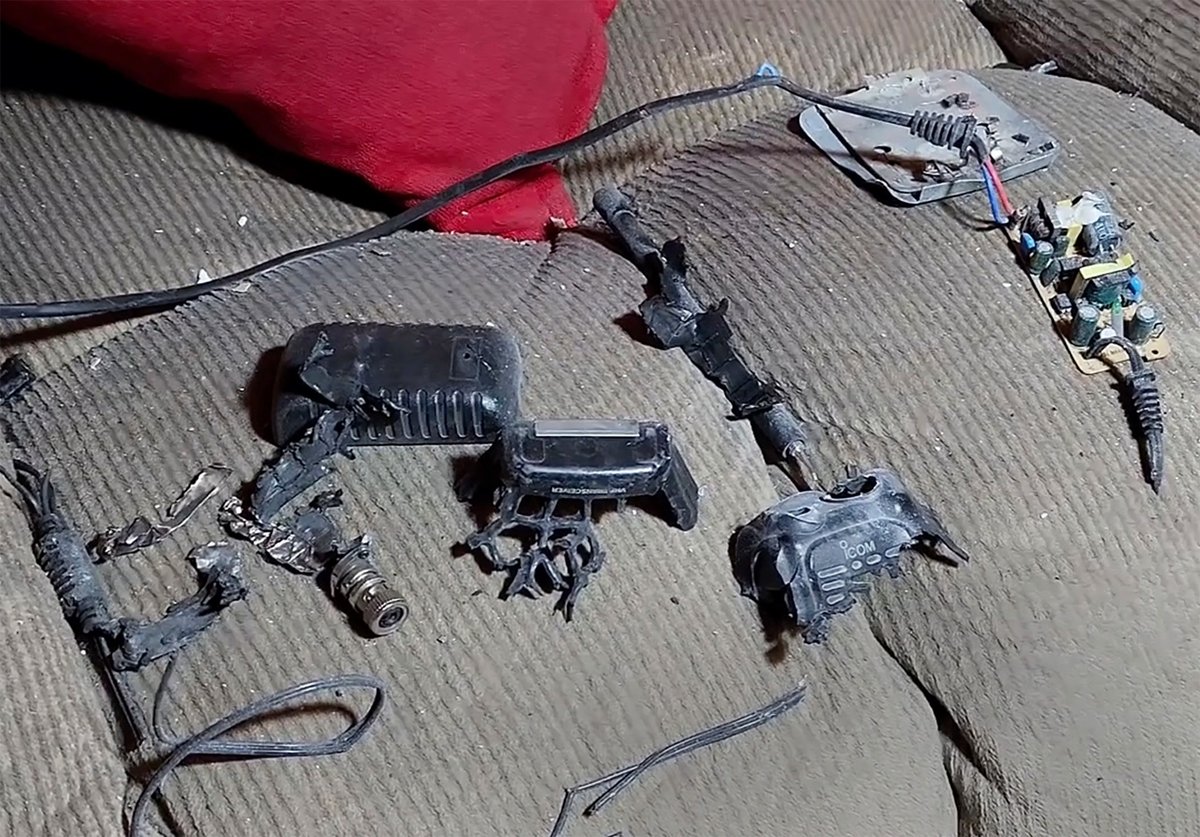
Tensions in the Middle East are at boiling point, with technological warfare rising.
Last Tuesday, hundreds of pagers exploded across Lebanon, detonating simultaneously.
It's believed approximately 3,000 of the pagers exploded when a coded message was sent to them, activating the explosive material inside the devices.
These pagers were mainly used by members of Hezbollah, who had been trying to evade international mobile phone surveillance.
The explosion killed 12 people, including two children, and injured nearly 3,000 others.
Hezbollah is a paramilitary group which is sponsored by Iran. Israel and many Western allies — including the US, UK and Australia — classify Hezbollah as a terrorist organisation.
Hezbollah is an ally of Hamas, and recently launched rockets towards northern Israel. Israeli Prime Minister Benjamin Netanyahu responded with counter-missiles, and there have been deaths on both sides.
Soon after last week's explosion, Lebanese security sources alleged Israel's spy agency Mossad — which has a long history of pulling off sophisticated attacks on foreign soil — planted explosives inside these pagers imported by Hezbollah months before the detonations.
In a brief statement, Prime Minister Benjamin Netanyahu said Israel's goals were clear and its actions spoke for themselves. Israel has not confirmed or denied responsibility.

